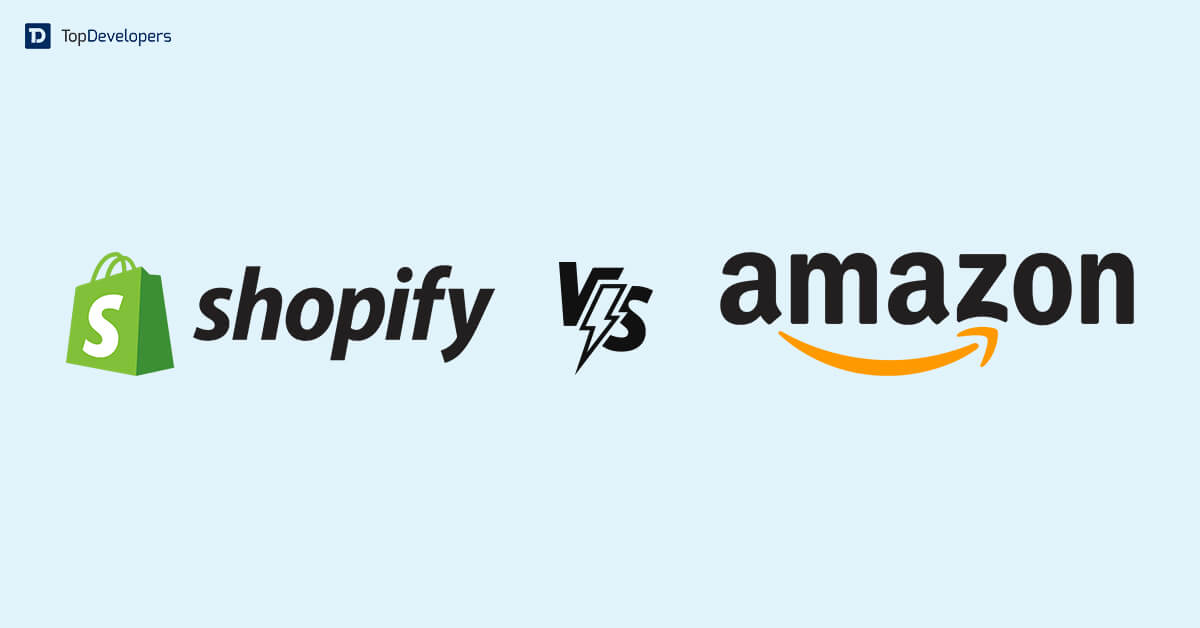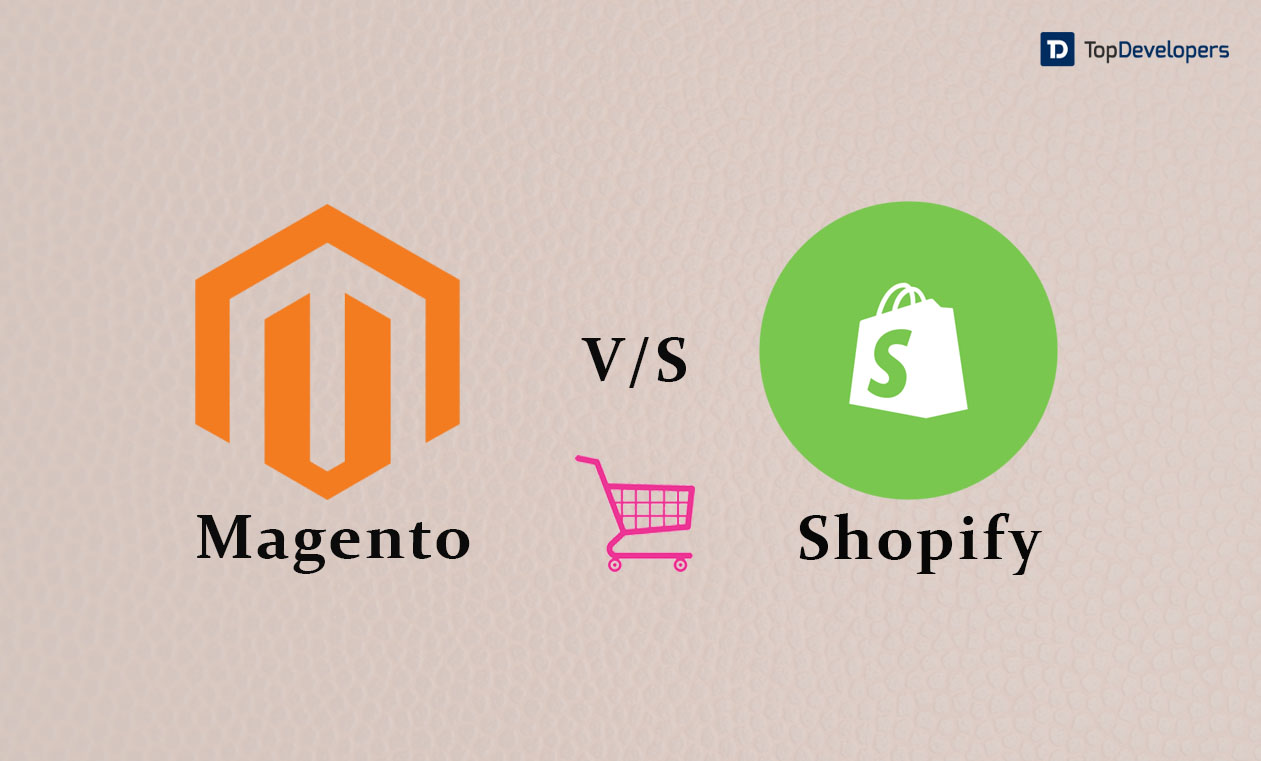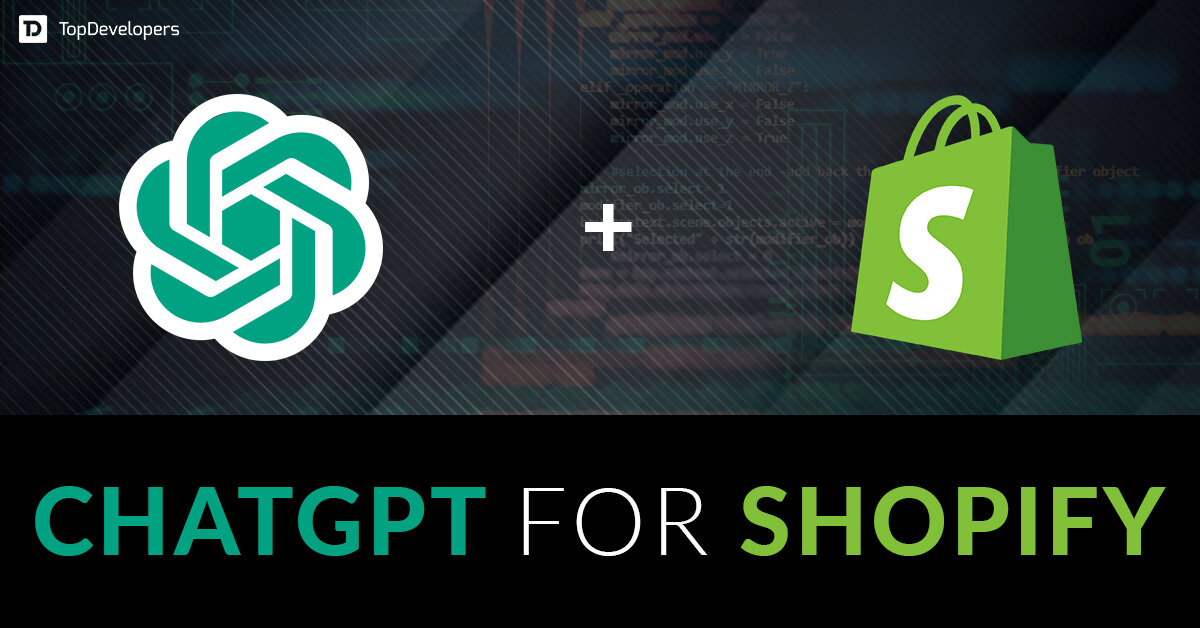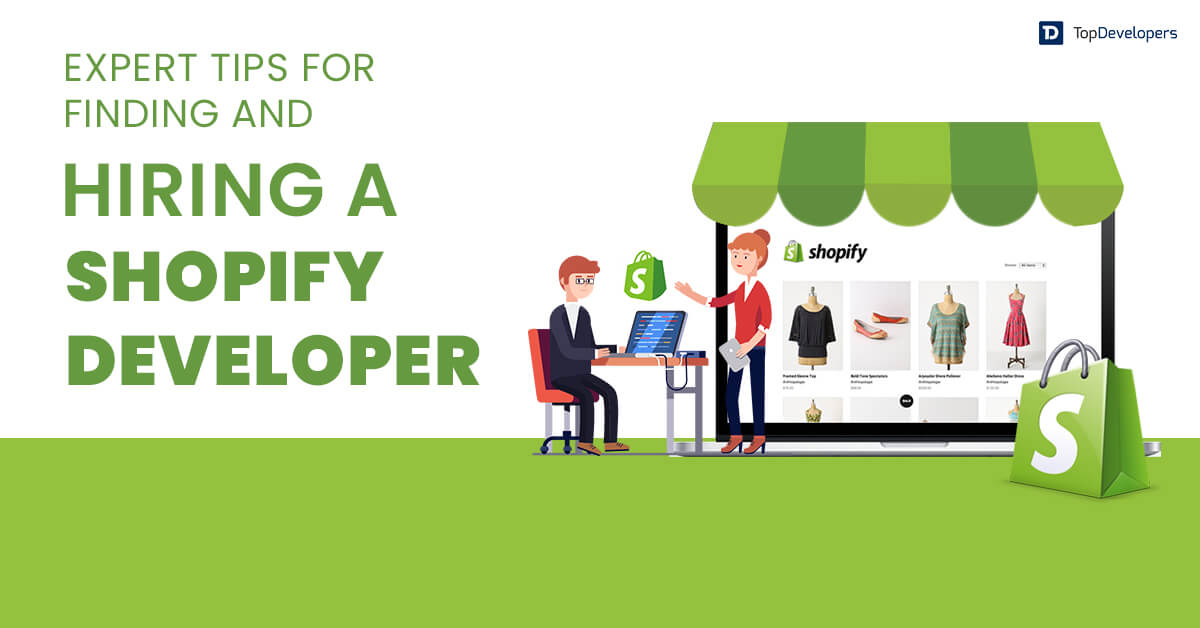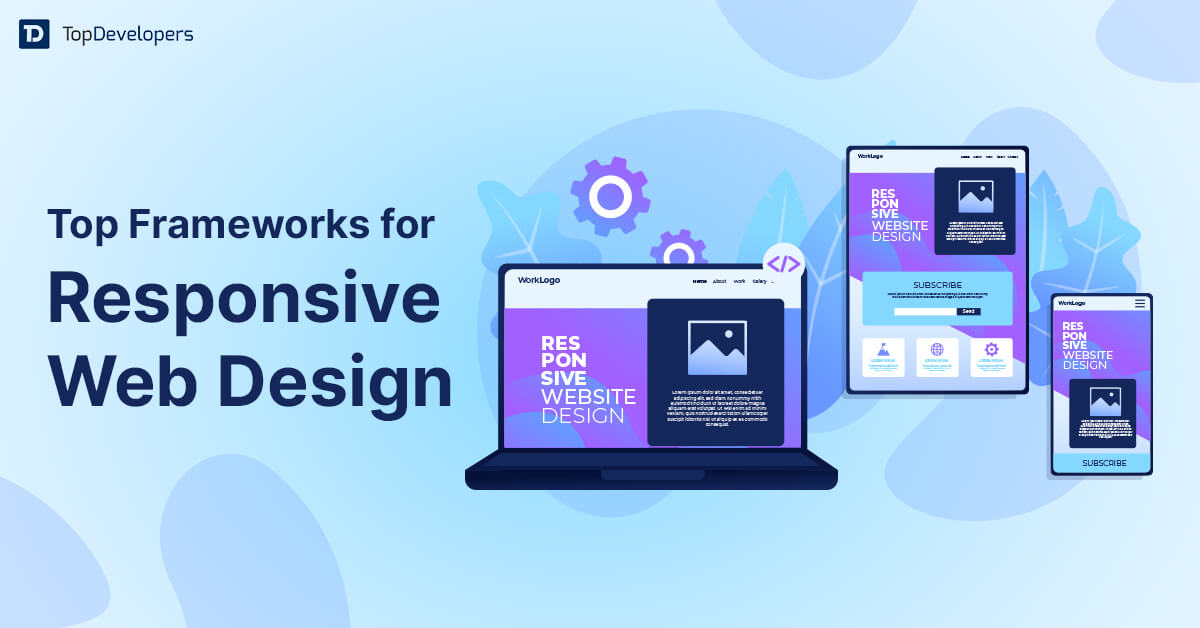
According to a well-known research agency Statista, the revenue in the eCommerce market is likely to reach US$3.64 trillion in 2023; furthermore, the revenue is expected to exhibit an annual growth rate (CAGR 2023-2027) of 11.16%, following an anticipated market volume of US$5.56 trillion by 2027. With more and more people preferring to buy products and services online, the trend of eCommerce shopping is surely here to stay and boom in the coming years.
Choosing the right eCommerce platform for an online business is an important decision that can either make or break your store. There are several criteria to consider such as designs, functionalities, security measures, features and scalability, and top of all customer support. Among the ample eCommerce store options available on the market, Shopify and BigCommerce stand out as two of the most renowned and powerful solutions on the Internet.
But how do these eCommerce platforms compare? What are the advantages and disadvantages of each platform? And, which one is better suited for your specific business or online store and goals?
In this guide on Shopify vs. BigCommerce, we will give you a comprehensive overview of the main features, benefits, and limitations of both Shopify and BigCommerce, so you can make an informed decision that will help you grow your online business.
Table of Contents
Shopify and BigCommerce – Introduction
Shopify and BigCommerce are eCommerce platforms that operate on a subscription-based model, catering to businesses of various sizes from small-scale businesses to large multinational enterprises. While both platforms are similarly priced, BigCommerce includes more built-in features, whereas Shopify boasts a vast array of over 8,000 paid and free third-party apps in its app store.
Crucial eCommerce tools are available on both platforms like certificates for safer online payments, basic shipping capabilities, secure sockets layer (SSL), and an opportunity to sell products on several social media platforms. Both platforms provide extensive features like unlimited product listing, data storage, and bandwidth across all their plans. They offer online storefronts, point-of-sale systems, online sales channels, customer support, and gift card functionalities.
Given its feature-rich nature, BigCommerce offers scalability, but mastering its functionalities may entail a better learning opportunity. In contrast, Shopify provides a more user-friendly foundation and can be scaled by incorporating various apps from the Shopify app store.
Shopify vs BigCommerce – A Fair Comparison
Here is a table that compares essential features and facilities of both Shopify and BigCommerce. This tabular information shall help you decide on the perfect platform for your online store for e-commerce business.
| Particulars | Shopify | BigCommerce |
|---|---|---|
| Pricing | $39 to $399 a month | $39 to $399 a month |
| Unlimited product listing | All plans | All plans |
| Bandwidth with no limits | All plans | All plans |
| Unlimited file storage | All plans | All plans |
| Additional staff users | Basic Shopify: 2 Shopify: 5 Advanced Shopify: 15 |
Unlimited staff members on all plans |
| Security measures | Free SSL certification on all plans | Free SSL certification on all plans |
| Transaction fees | No charge on all plans (only if using Shopify Payments). If you use an external payment gateway, 2% transaction fees are applied on Shopify Lite and Basic Shopify; for Shopify 1%, and for Advanced Shopify, it’s 0.5%. | All plans with no transaction fees irrespective of the system are used to process card transactions. |
| Mobile compatibility | Yes | Yes |
| Customer support | Shopify Lite has 24/7 live chat support and e-mails. All other plans offer 24/7 email, phone, and live chat support | All plans have 24/7 live chat, e-mails, and calling support |
Shopify and BigCommerce – Pricing
The Basic Plan Comparison of Shopify and BigCommerce
Both Shopify and BigCommerce offer similar pricing structures for their plans. The Basic Shopify plan, priced at $39 per month (paid monthly), includes a ‘buy’ button, an online store with a couple of staff accounts, and an online credit card processing fee of 2.9% + 30 cents, along with support for up to 4 inventory hubs. Furthermore, this plan already includes abandoned cart recovery and discount code features, but its mid-tier plan, priced at $79 per month, offers five staff accounts, support for up to five inventory locations, discounted credit card rates, and discounted transaction fees.
On the other hand, the BigCommerce Standard plan, also priced at $39 per month, offers similar features, except for staff accounts with no limit such as a stored credit card. It’s worth noting that Shopify charges a 2% transaction fee when users don’t utilize Shopify Payments, while BigCommerce doesn’t have any transaction fee. For $79 per month, BigCommerce’s Plus plan provides additional tools to enhance customer conversions, such as a stored credit card feature, an abandoned cart saver, and the capability to reward loyal clients under special programs.
Comparison of Shopify and BigCommerce Advanced Pricing Plans
For more advanced needs, BigCommerce’s Pro plan, priced at $399 per month (paid monthly), unlocks features like Google customer reviews, custom product filtering, and special credit card rates. Similarly, Shopify’s Advanced Shopify plan, also priced at $399 per month (paid monthly), offers advanced reporting, fifteen staff accounts, support for up to 8 inventory hubs, international trade duties/import collections, custom prices by market, and more discounts on transaction and credit card fees.
The key difference between Shopify and BigCommerce
One key difference between the two platforms is that BigCommerce requires users to upgrade their plans based on their eCommerce store annual sales. For example, the Standard plan is suitable for stores with up to $50,000 in annual revenue, the Plus plan caters to stores earning up to $180,000 annually, and the Pro plan is designed for those with revenue of up to $400,000 annually.
Shopify and BigCommerce – Themes
Both online e-commerce platforms offer responsive themes, meaning Shopify and BigCommerce online stores would appear the same on all devices with different screen sizes. In other words, the user would get the same look and feel of a particular online eCommerce store built with Shopify or BigCommerce.
While BigCommerce offers twelve free themes, Shopify restricts itself to eight themes for free; nevertheless, each theme can be modified further as per the user’s choice and business objectives. For selling, Shopify houses 70+ themes that range in cost from $150 to $350 whereas BigCommerce beats the former with 150 themes ranging from $150 to $300.
Shopify vs BigCommerce for a Shopping Cart
Shoppers on the Internet can easily get distracted. A seamless shopping cart feature is crucial for online store owners to avoid losing potential customers. Shopify uses 3rd-party applications for various discount functions like cart-level offers, automatic discounts, quantity breaks, and tier-wise pricing for specific customer groups.
On the other hand, BigCommerce enables users to create automated discounts, coupon vouchers, and cart-level discounts for customer groups without depending on third-party apps. Shopify provides over a hundred payment providers to support different payment methods, though BigCommerce has 65 pre-integrated options for online payments.
Shopify and BigCommerce on SEO Grounds
SEO is an important part of any online eCommerce business. Higher the search engine rankings, the better the results. BigCommerce developers can optimize URLs, and unique URLs, and place embedded microdata into the products when building an e-commerce store on the BigCommerce platform; additionally, URL rewrites would automatically adjust when the product is renamed. Shopify developers, on the other hand, can get you the freedom to add keywords, alter meta titles and descriptions, and place customized URLs for blogs.
Final Words
Both Shopify and BigCommerce provide immense benefits to online eCommerce stores and their owners. It depends on the business types, target audience, and online store’s goals that decide which platform is better and suitable for you. You can either hire Shopify developers or fix a deal with BigCommerce experts to set up a store.
 Avantika Shergil
| Jul 28, 2023
Avantika Shergil
| Jul 28, 2023
An enthusiastic Operations Manager at TopDevelopers.co, coordinating and managing the technical and functional areas. She is an adventure lover, passionate traveler, an admirer of nature, who believes that a cup of coffee is the prime source to feel rejuvenated. Researching and writing about technology keeps her boosted and enhances her professional journeying.



